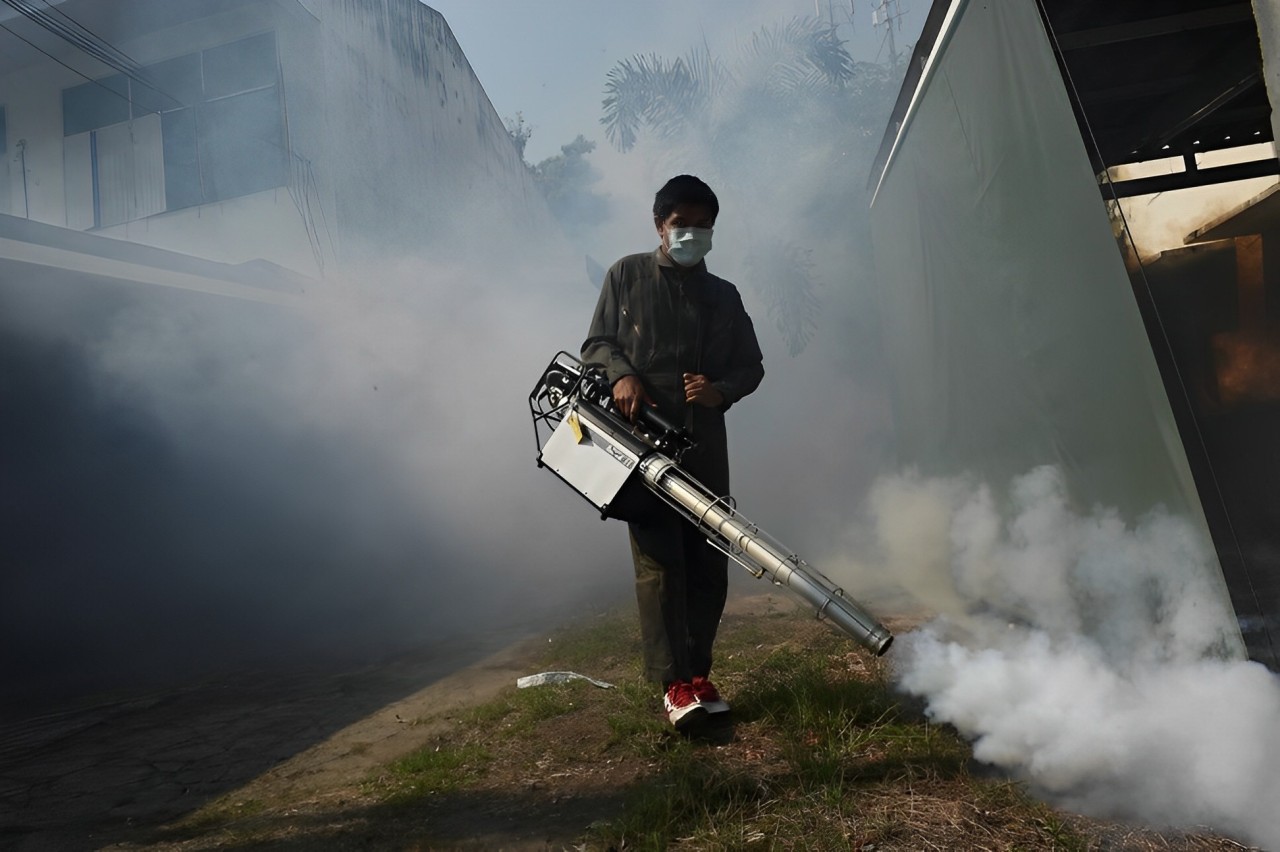A Global Strategic Plan to Combat Rising Dengue and Other Aedes -Borne Arboviral Diseases Established By WHO
WHO launches SPRP to combat dengue and Aedes-borne diseases, requiring $55 million for global response.
Breaking News
Oct 04, 2024
Simantini Singh Deo

WHO launched the global SPRP (Strategic Preparedness, Readiness and Response Plan) to gain control over dengue and other Aedes -borne arboviruses diseases. The motto of this plan is to end the suffering and deaths from dengue as well as other arboviral diseases such as chikungunya and Zika.
The Plan presents key strategies to curb transmission, providing guidance for affected nations across multiple sectors. It emphasizes efforts such as disease monitoring, lab work, vector management, community involvement, clinical care, and advancements in research and development. These initiatives are designed to be implemented through a collaborative, society-wide, and regional approach.
Around four billion people globally are currently vulnerable to arbovirus infections, with projections suggesting this figure could reach five billion by 2050. Dengue cases have risen sharply across all six WHO regions, nearly doubling annually since 2021. As of the end of August this year, more than 12.3 million cases have been reported, almost twice the 6.5 million cases recorded for the entire year of 2023.
Dengue remains a persistent threat in tropical and subtropical regions, especially across South-East Asia, the Western Pacific, and the Americas. The situation in Africa is equally alarming, as countries there face the dual burden of managing multiple diseases alongside ongoing conflicts and natural disasters, which severely strain their fragile healthcare systems. In December 2023, the WHO elevated the global dengue crisis to a grade 3 emergency—the organization's highest alert level—aimed at helping nations bolster their surveillance efforts and enhance response measures.
Dr Tedros Adhanom Ghebreyesus, WHO Director-General, said in a statement, “The rapid spread of dengue and other arboviral diseases in recent years is an alarming trend that demands a coordinated response across sectors and borders, From maintaining clean environments to supporting vector control and seeking and providing timely medical care, everyone has a role to play in the fight against dengue. This plan aims to turn the tide against this disease and other Aedes -borne arboviral diseases, protect vulnerable populations and pave the way for a healthier future.”
The Plan will be rolled out over the next year, concluding in September 2025, with a funding requirement of US$ 55 million to support efforts in health preparedness, readiness, and response. It is aligned with two major global initiatives: the Global Vector Control Response 2017-2030, which aims to enhance vector control on a worldwide scale, and the Global Arbovirus Initiative, launched in 2022, focused on combating mosquito-borne viruses with epidemic potential.
The SPRP serves as a rallying call for all stakeholders—from governments and healthcare providers to communities and individuals—to collaborate in the fight against dengue and other Aedes -borne viruses, harnessing innovation, emerging technologies, and enhanced vector control strategies.
